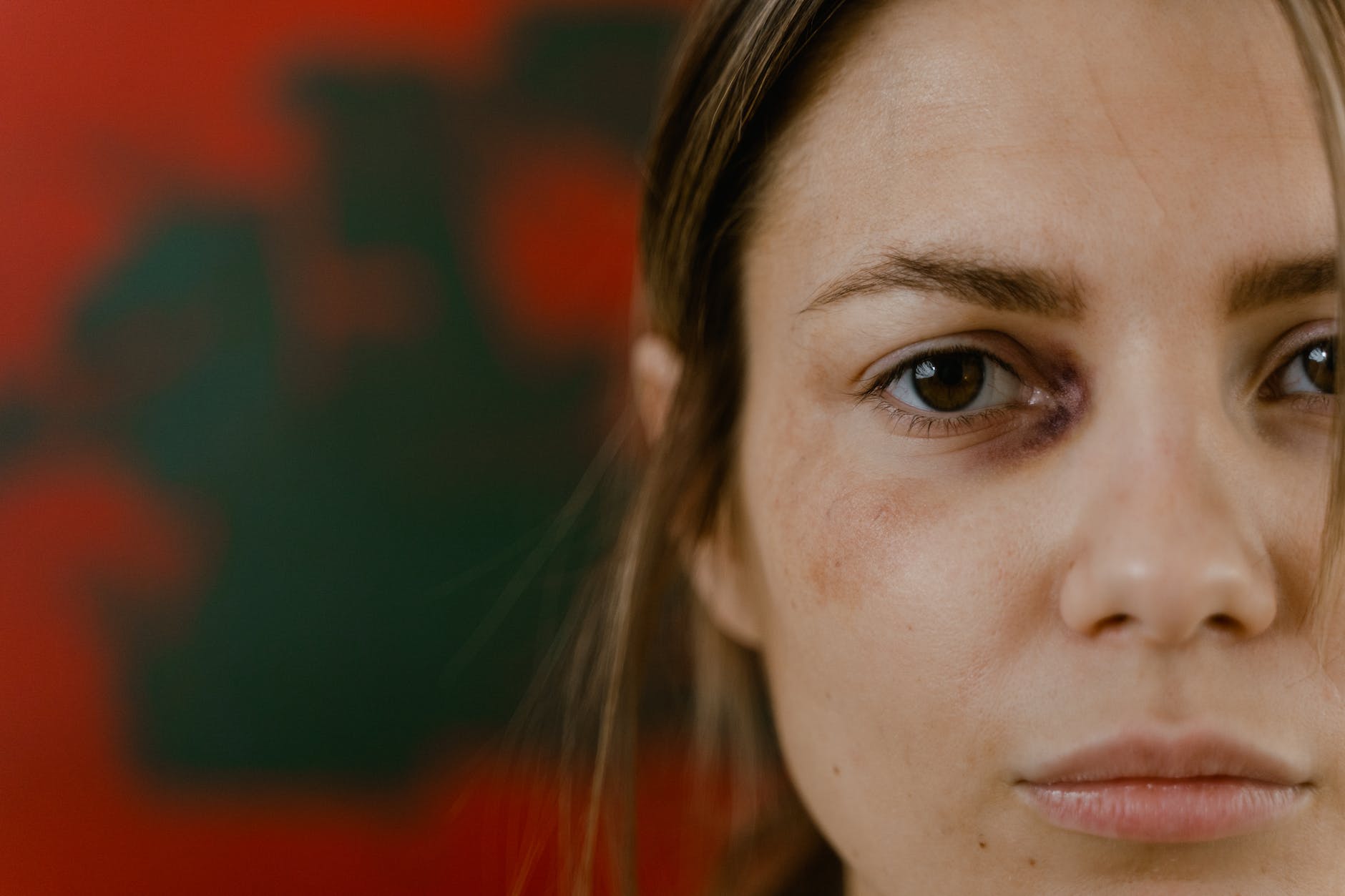by Adam Glendye
Introduction
Trauma is a complex and deeply personal experience, and its impact on individuals can vary significantly. While Post-Traumatic Stress Disorder (PTSD) is a term that many are familiar with, there’s another condition that is equally important to understand: Complex Post-Traumatic Stress (C-PTSD). In this blog, we will delve into the differences between these two trauma-related disorders and shed light on their unique characteristics.
Post-Traumatic Stress Disorder (PTSD): A Brief Overview
PTSD is a recognized psychological condition that may develop after an individual has experienced a traumatic event. This event could be a single incident, such as a car accident, or prolonged exposure to trauma, like combat or sexual abuse. PTSD is characterized by the following symptoms:
- Intrusive Memories: Recurrent, distressing memories, flashbacks, or nightmares related to the trauma.
- Avoidance: Avoidance of places, people, or situations that remind the individual of the trauma.
- Negative Changes in Thinking and Mood: Persistent negative emotions, including guilt, shame, or fear, and a diminished interest in activities previously enjoyed.
- Arousal and Reactivity: Difficulty sleeping, irritability, outbursts of anger, and exaggerated startle response.
PTSD is often associated with a single traumatic event, and its symptoms can be severe and debilitating.
Complex Post-Traumatic Stress (C-PTSD): A Deeper Understanding
Complex Post-Traumatic Stress, also known as Developmental Trauma Disorder, is a condition that arises from prolonged exposure to trauma, typically over an extended period. C-PTSD can result from various experiences, such as childhood abuse, domestic violence, or being a prisoner of war. Its key characteristics include:
- Emotional Dysregulation: People with C-PTSD often struggle with managing their emotions, experiencing intense mood swings and difficulty in self-soothing.
- Profound Changes in Self-Perception: A pervasive sense of shame, guilt, and low self-esteem.
- Distorted Relationships: C-PTSD can affect a person’s ability to form and maintain healthy relationships, leading to isolation or becoming enmeshed in unhealthy ones.
- Somatic Symptoms: Individuals with C-PTSD may experience a range of physical symptoms related to trauma, such as chronic pain or digestive issues.
C-PTSD is often seen as a more complex and pervasive condition, influenced by long-term trauma with interpersonal components.
Key Differences Between PTSD and C-PTSD
- Trauma Duration: The most significant difference is the duration of trauma. PTSD is typically associated with a single traumatic event or a short-lived experience, while C-PTSD develops as a result of chronic, prolonged exposure to trauma.
- Symptom Complexity: C-PTSD presents a more complex symptomatology, including difficulties in emotional regulation, a distorted self-perception, and problems with relationships. In contrast, PTSD symptoms tend to be more focused on intrusive memories, avoidance, and arousal.
- Interpersonal Difficulties: C-PTSD often leads to profound challenges in forming and maintaining healthy relationships. PTSD, on the other hand, does not always have the same impact on interpersonal dynamics.
- Onset of Symptoms: While symptoms of PTSD can appear shortly after a traumatic event, C-PTSD symptoms may take years to manifest fully.
Understanding the Nuances of Trauma
Both PTSD and C-PTSD are significant psychological conditions that require understanding and support. Recognizing the differences between these two conditions is vital for effective diagnosis and treatment. Ultimately, whether you or someone you know is affected by PTSD or C-PTSD, seeking help from mental health professionals is a crucial step toward healing and recovery. Trauma is a complex landscape, and understanding these conditions brings us one step closer to providing the right care for those in need.
At The Pursuit, a group of experienced therapists have come together to offer best in class counseling services. We prioritize clinical theory, non-judgmental approaches, and effective interventions, treatment plans, and coping skills.
We have therapists who specialize in different areas and we strive to find the best match for your unique needs. Our services cater to individuals, families, and organizations, including adolescents in high school. Our aim is to connect you with the specialist who can best address your concerns.
Our specialized trauma counseling services aim to address the underlying emotional wounds that contribute to behaviors. We offer evidence-based trauma counseling that is effective with working many presenting problems. We provide a holistic approach to recovery, focusing on healing the past to create a healthier future.
Are you ready to take the first step on your Pursuit towards a happier, healthier you? We invite you to book your free 20-minute consultation with one of our skilled therapists. Don’t wait; it’s time to invest in your well-being. Simply click “Book Now” to start your Pursuit towards personal growth and positive change today.

View comments
+ Leave a comment